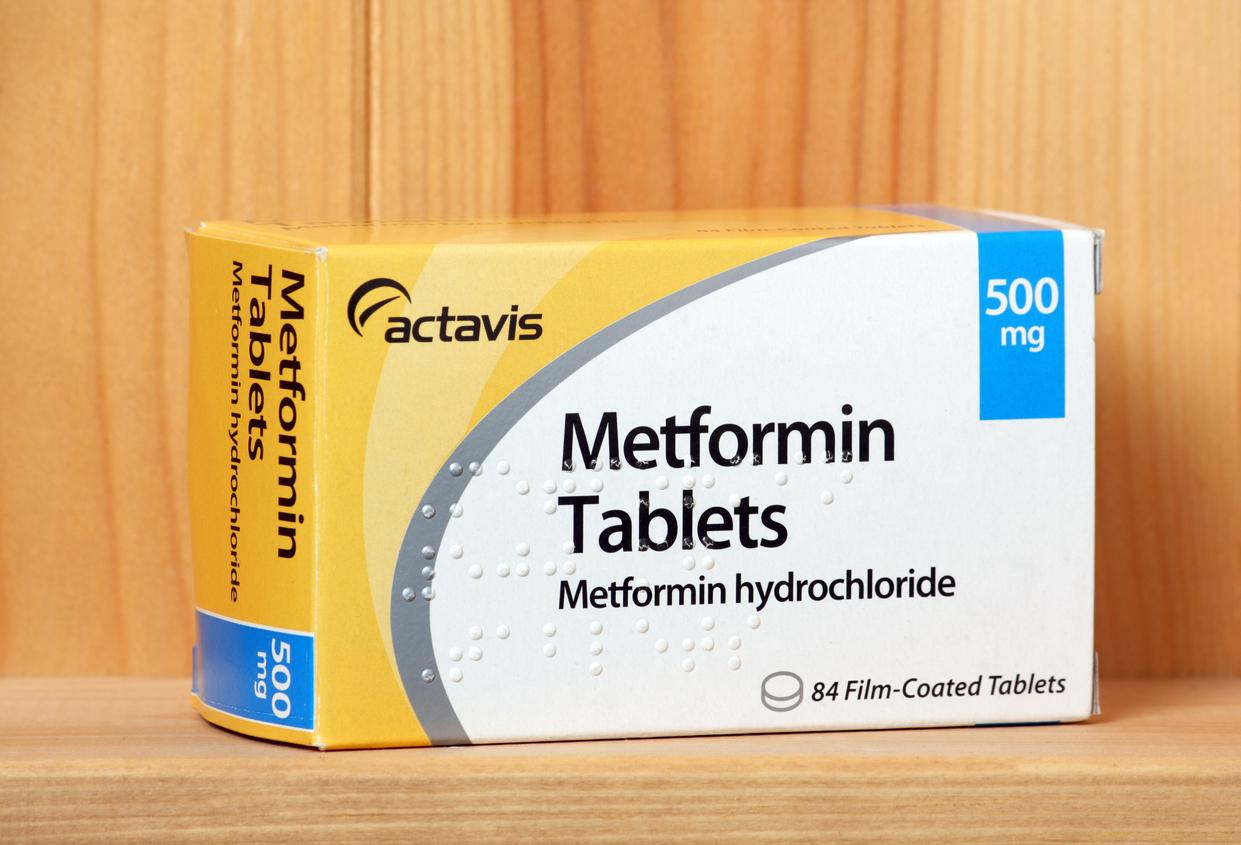Promising Study Shows Metformin’s Potential Against COVID-19
Researchers at the University of Minnesota have recently published compelling evidence suggesting that the widely-used diabetes drug, metformin, could be a game-changer in the fight against COVID-19. Their study, featured in Clinical Infectious Diseases, indicates that metformin not only reduces the amount of SARS-CoV-2 in the body but also helps mitigate the risk of rebound symptoms when administered early in the course of the illness. Moreover, there’s a tantalizing possibility that metformin could also play a role in preventing long COVID.
Key Findings
In this study, conducted on 999 adults infected with COVID-19, participants were administered either metformin or a placebo. Remarkably, over half of the participants had been vaccinated, and the treatment occurred during the Omicron variant’s dominance in the United States.
Targeting Standard-Risk Populations
Dr. Carolyn Bramante, the principal investigator of the study and an assistant professor at the University of Minnesota, emphasized that the participants represented a standard-risk population. These individuals, aged 30 or older with a body mass index (BMI) of 25 or higher (indicating overweight), did not require hospitalization for their COVID-19 infection. Dr. Bramante noted that this demographic typically lacks effective treatment options for COVID-19, making the study particularly significant.
Potential Clinical Tool
Dr. Bramante underscored the potential of metformin as a clinical tool for outpatient medication, suggesting its widespread use. She expressed confidence in the data, stating that prescribing metformin for outpatient treatment could be justified based on the study’s findings.
Reducing Viral Load and Hospitalization Risk
Participants received a 14-day course of metformin and provided nasal swabs on days 1, 5, and 10. Early treatment, within 3 days of a positive test, was crucial. By day 10, the mean SARS-CoV-2 viral load had decreased significantly in the metformin group compared to the placebo group. Additionally, metformin recipients were less likely to have a detectable viral load on days 5 or 10. The drug also demonstrated a promising reduction in hospitalization or death risk through 28 days and in the incidence of long COVID through 10 months.
Mechanism of Action
While the exact mechanism of action remains uncertain, Dr. Bramante suggested that metformin likely reduces inflammation and inhibits viral translation.
Conclusion
This study underscores the potential of metformin as a valuable tool in combating COVID-19, particularly in standard-risk populations. Further research is warranted to fully elucidate its efficacy and mechanism of action.















































